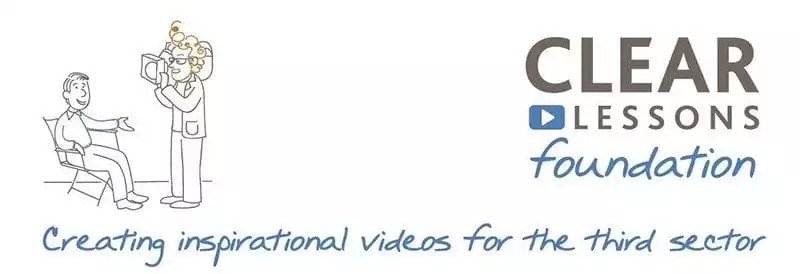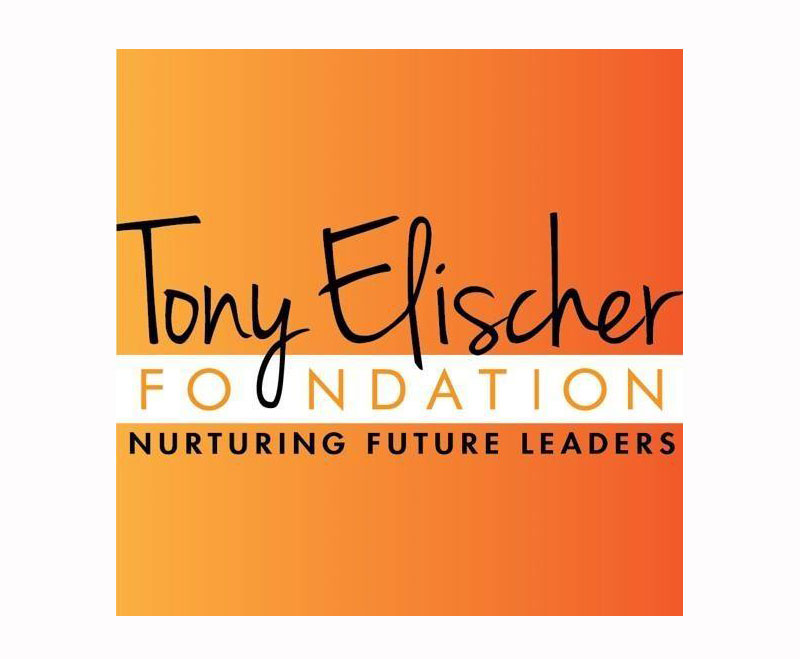How video can bridge the skills gap in the charity sector
Recent research by the Foundation for Social Improvement (the FSI) conducted for Clear Lessons Foundation revealed that one fifth of small charities in the UK have a skills gap in areas such as marketing, fundraising, social media, HR, planning and more.
Lack of time and funding for learning and development were cited as particular barriers for charity workers who are often time and resource poor. The lack of sector skills was also revealed to negatively impact the effectiveness and efficiency of small charities, including causing an increase in workload and with work then taking longer to deliver for more than one in two charities.
Small charities are not the only ones facing this very real and worrying challenge – it impacts charities of all sizes and services. It is crucial the sector finds a way to overcome this if it is to continue its vital, life-changing work. But what is the solution?
We now live in an always-on digital world and the proliferation of digital channels boasts more opportunities than ever before. By 2020, every second, nearly a million minutes of video content will cross the network and people are 75% more likely to watch a video than read documents, emails, or web articles. YouTube has one billion-plus users watching 3.25 billion hours of online video content every month and Facebook and Snapchat have also both exceeded eight billion daily video views.
What if we could leverage the power of video within the charity sector when it comes to employees own learning and development journeys? Could video help to bridge the skills gap?
From cost and efficiency savings in comparison to traditional models of training, video learning offers unrivalled benefits to UK charities. It can take place anytime, anywhere and allows you to learn in a much more flexible way at your own pace. Equally, video learning allows charity workers to dip in and out of different areas – you can choose what you learn and only have to
watch videos which are relevant to you and your development needs or areas of interest.
Video learning not only benefits charity workers but also their employers. It doesn’t take staff members out of the workplace for days on end and demands only a couple of minutes of focus whilst in the office, at home or on the move via a smartphone. Equally, financially it’s a no brainer. Other sectors are already reaping the benefits of using video for learning, including
Oracle who saved $10 million with on-demand sales kickoffs instead of in person meetings and EY reduced training costs by 34% and training time by 52% through e-learning.
However, to make sure charity workers get the most out of video learning, a degree of self-motivation is critical. Face to face courses which often take a day or so and require workers to be offsite helps to keep them away from the distractions of the day job. Video learning provides flexibility and autonomy but workers need to keep themselves motivated and focussed – they
won’t have a trainer to keep them in line and have to take ownership for their own learning and development.
At Clear Lessons Foundation, we passionately believe that video is the future of learning for the sector which is why we offer free, bite-size videos which provide educational, development opportunities for charity workers who are time and resource poor. Our videos empower charity workers to take ownership of their own learning and development and ultimately help to improve the skills and standards of the sector.
Martin Baker is CEO, Clear Lessons Foundation.
Advertisement






